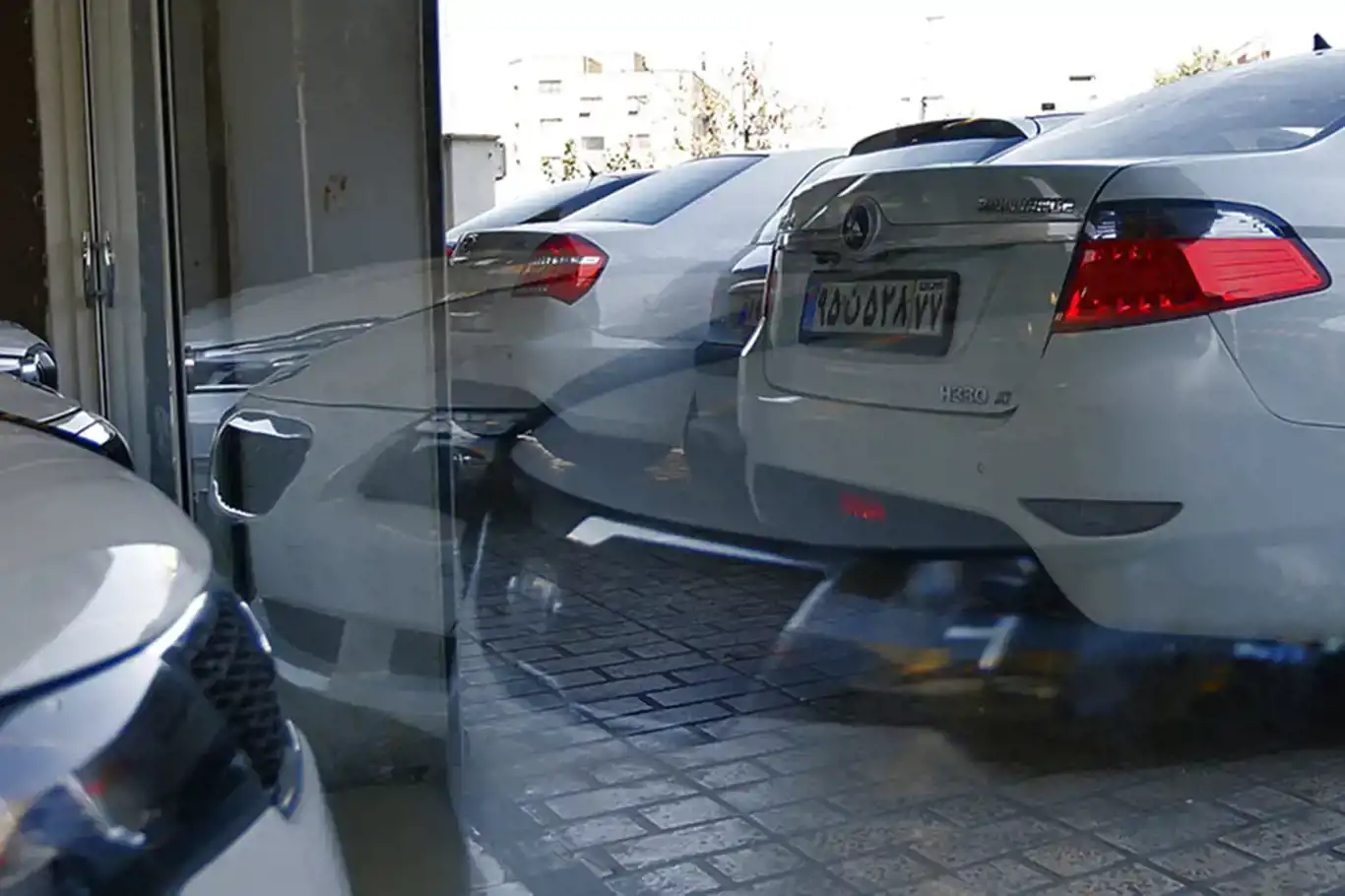Importation of second-hand vehicles in Iran boosts market confidence


Iran has permitted the importation of second-hand vehicles aged up to a maximum of five years, leading to positive outcomes in the market.
The Iranian Islamic Consultative Assembly, commonly known as Majlis, has approved the relevant article of a draft law that allows the importation of the second-hand vehicles.
A crucial aspect of this decision is the removal of the requirement for spare parts export, previously mandated under the Law on Regulation of the Automobile Market. With this change, the process of importing cars has become more streamlined and less burdensome for buyers and dealers alike.
Earlier regulations allowed car imports in Iran to be conducted in exchange for spare parts or through automobile exports. However, this latest move eliminates the need for such reciprocal arrangements, simplifying the importation process and promoting efficiency in the market.
The impact of this decision is already evident, with reports from the Iranian state news agency, IRNA, indicating a decline in vehicle prices since the new measures took effect. This reduction in prices is seen as a positive outcome, providing consumers with greater affordability and accessibility to a wider range of vehicles.
It is worth noting that the Iranian automobile industry has faced challenges in recent years due to unilateral sanctions imposed by the United States since 2018. These sanctions have targeted various sectors of the Iranian economy, including the automotive industry, which is a vital contributor to employment and a key sector in the country. Notably, foreign companies, including renowned French automakers Peugeot and Citroën, have suspended their operations in Iran in response to these sanctions.
The decision to allow the importation of second-hand vehicles is seen as a step towards revitalizing the Iranian automobile market and mitigating the adverse effects of the sanctions. It aims to meet the demand for affordable cars and provide a boost to the industry while supporting the economy and employment opportunities for hundreds of thousands of individuals.
As the market adjusts to these new regulations, stakeholders and consumers will closely monitor developments and the potential for further positive impacts on the Iranian automotive landscape. (ILKHA)
LEGAL WARNING: All rights of the published news, photos and videos are reserved by İlke Haber Ajansı Basın Yayın San. Trade A.Ş. Under no circumstances can all or part of the news, photos and videos be used without a written contract or subscription.
Türkiye’s industrial production increased by 7.1% year-on-year in August 2025, according to data released by the Turkish Statistical Institute (TurkStat) on Thursday.
Mexican officials have pledged to fight new U.S. tariffs on medium- and heavy-duty trucks announced by President Donald Trump, warning that the move will inflict severe damage on Mexico’s export sector and further strain bilateral trade relations ahead of the 2026 USMCA review.
Türkiye’s dried fruit and processed products sector has recorded $1.22 billion in exports to 144 countries and free zones during the first nine months of 2025, according to the Southeastern Anatolia Dried Fruits and Products Exporters’ Association and Anadolu Agency.
The People's Bank of China (PBOC) increased its gold reserves for the 11th consecutive month in September, a strategic move that coincides with a historic surge in bullion prices as global investors seek alternatives to the U.S. dollar.